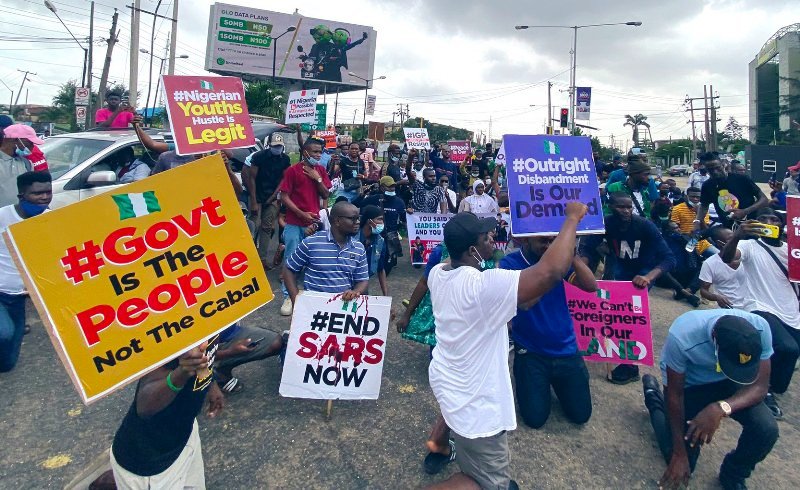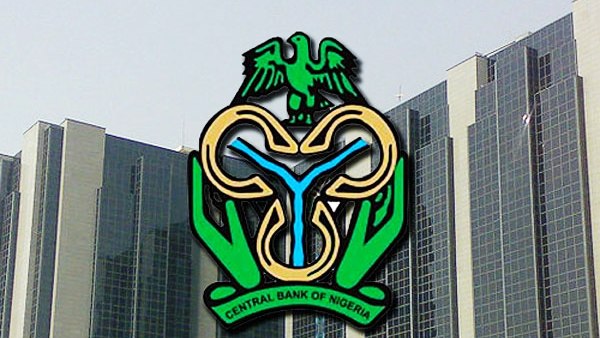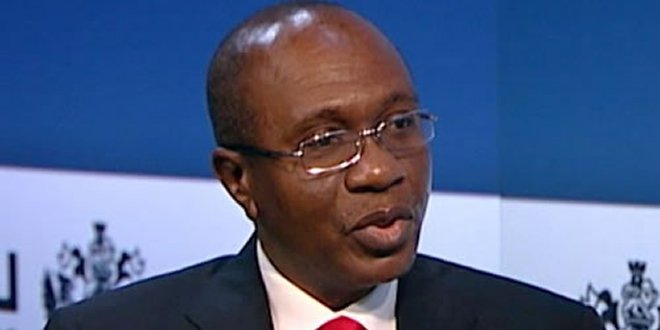Leadership tussle is seemingly rocking the #EndSARS campaign as protesters seem to be finding it difficult to select those who will be part of a committee to interface with the government.
It started after unverified reports emerged that last night, some #EndSARS protesters met with Godwin Emefiele, Aliko Dangote, three unnamed Governors and some businessmen.
According to the reports, one Adebola Williams, Aisha Yesufu and Abudu attended the meeting, in which Williams reportedly acquiesced that the protests should end, and Yesufu and Abudu insisted Nigerians will not back down until all outstanding issues around police brutality are resolved.
Read some tweets of the altercation on Twitter below:
1. The way and manner some Twitter influencer are going about this leadership/Convener of #EndSARS movement will most likely break the ranks and Govt will get to us.
— Adetutu Balogun, MBA (@Tutsy22) October 14, 2020
2. Ogbeni Dipo just draw a list of those who should be in any Committee that will work with Presidency and the police but he omitted Sega’s name.
— Adetutu Balogun, MBA (@Tutsy22) October 14, 2020
3. The same @segalink that has been bailing people out & handling all things SARS since l came on that app. He even threw a sub that he doesn’t want any “career activist or political jobber” in d Committee. With all his supposed UK academic exposure he sounds full of hatred.
— Adetutu Balogun, MBA (@Tutsy22) October 14, 2020
Who gave Ogbeni Dipo the task of compiling list where Dipo dey when @segalink was bailing people and rescuing then from the hand of SARS https://t.co/YbhgocA7OU
— Jagunmolu (@Gjagunmolu1) October 14, 2020
It’s not a crime to be invited. Many of the talents and business men here were targeted by the plotters mining the anger of the public for their own interest and agenda. https://t.co/zo980Zz4r3
— SEGA L'éveilleur® (@segalink) October 14, 2020
Last night, some #EndSARS protesters met with Emefiele, Dangote, three governors and businessmen.
Adebola Williams acquiesced that protests should end.
But Yesufu & Abudu insisted Nigerians will not back down until all outstanding issues around police brutality are resolved.
— Peoples Gazette (@GazetteNGR) October 13, 2020
Adebola Williams was 100% on the side of young Nigerians. He never sided with the Governors and business leaders.
He said and I quote “the protests has no leadership, it’s by the people. Govt should just act. We don’t want to meet anybody.”
Please say the truth.
— Dr Dípò Awójídé (@OgbeniDipo) October 13, 2020
Them don dey go behind closed doors. Opportunists.
— AnyiBaba (@anyibaba_) October 13, 2020
In the first place adebola williams has never been part of this movement.. How come they are inviting him to speak for us?
— West 79 INC. Alhaji Yusuf (@McShaffy) October 13, 2020
What you said about Adebola Williams @DebolaLagos is untrue. He together with the rest of us insisted the protest must go on. Even when Emefiele said he would arrange for us to meet with the President, Adebola Williams told him the President has lost credibility with young people https://t.co/xugEUW8xN4
— Aisha Yesufu (@AishaYesufu) October 13, 2020
why did you meet with them in the first place without informing the teaming youths? You fall hand.. U are held in high regard, dont allow yourself be used.. We expect transparency and openness.
— Tokunbo D’ EgbaStud👑 (@lord_saar) October 13, 2020
Yesufu said she was so disappointed in the things they were saying at the meeting. What do you expect from them? They don’t live in the same “world” as this current generation. The system works out well for billionaires who cashed out from primary commodities: sugar, salt, oil..
— Malama Ato (@4rmgr8matriachs) October 13, 2020
They cashed out from our collective misery.We're getting to a tipping point.This mixed generation, irresponsible as it was,is beginning to speak out against this state of emergency called Nigeria, threatening the less privileged.
— Koye Oba -🏛The King (@JosephKoye) October 13, 2020
Hustlers being controlled by the lust after money are playing games and throwing narratives around. Your rights tk protest must never be commercialized for any agenda. Check the patterns and note the players while keeping your focus. #EndImpunity #ReformPoliceNG pic.twitter.com/9kn3psO1z0
— SEGA L'éveilleur® (@segalink) October 14, 2020
They never fought for you. They waited for the advocacy to mature and seek to sow discord just to take over the narrative for their hidden agenda. You know them. They care less if you live or die. Keep your eyes peeled. Focus on the Goal. #EndImpunity #ReformPoliceNG
— SEGA L'éveilleur® (@segalink) October 14, 2020
@segalink its very convenient for some hungry scavengers to come and share their opinions with billionaires and politicians now… Monetise the move and make themselves king.
While trying to vilify someone who has been dedicated and invested in the #EndSARS movement.
— F I X A (@FIXA_App) October 14, 2020
The government is succeeding in dividing us, using fault lines where it will be easy to crack us from.
This is not the time to allow personal bias, resentment or the need for glory to influence our actions
If we all want the same thing, we should all be speaking with one voice
— Dr. Chinonso Egemba (@aproko_doctor) October 14, 2020
https://twitter.com/tunarmania/status/1316292404287242240?s=19
Biggest shame on you @bizzleosikoya, You are in pain because you didn’t get your commission, when @segalink rejected your offer.
Carry your L with pride and leave my TL. If not my next tweet will shock you! I have another receipt for you, that one will be a ACE!
Try me… https://t.co/ccAYJWxmm6
— Adetutu Balogun, MBA (@Tutsy22) October 14, 2020
Falz, aisha yesufu…. Omg I give up just fainted someone should wake me.
— Seun victor (@seun_victor) October 14, 2020
They were merely invited. I know their genuine position on things. @falzthebahdguy, @BankyW and @AishaYesufu are passionately concerned and it is natural for them to get invites to meetings. What they have maintained is that the conversation should be with Nigerian youth. https://t.co/Af00DbVPWV
— SEGA L'éveilleur® (@segalink) October 14, 2020
I spoke with two people at this meeting who said Debola wanted protests suspended.
That aside, I am surprised he is threatening to sue and using friends to bully a platform that exposed their pally with billionaires.
As a lawyer, I tell you he has no case against @GazetteNGR https://t.co/le0vkMWqoN
— M. M. Obono (@martobono) October 14, 2020
I have deleted the thread. It is not worth it. Let posterity judge us all. We will not be distracted. Let’s keep the focus. Be safe out there. #EndImpunity #ReformPoliceNG https://t.co/jnVPQX16zu
— SEGA L'éveilleur® (@segalink) October 14, 2020
With the tremendous work Segalinks has done rescuing people from police and SARS brutality. Only an unwise person will deny him a place on the discussion table to end sars.
— M. M. Obono (@martobono) October 14, 2020
I forgive them all. Let’s move on. I will never forsake the cause regardless of the coordinated attacks. I was born for this. If you must protest do it with your chest. No harm shall come to you. We will make sure if this. Let’s keep Govt accountable & shun distractions. 🙏🏽
— SEGA L'éveilleur® (@segalink) October 14, 2020
I 💞 this. Stay and sheild your course. Now I know you're a good man and this retract my previous tweets. Thanks alot for coming to terms that the movement is beyond you but about the people. I Stan @segalink https://t.co/xxeBEWyjj7
— God (@handelzimakor) October 14, 2020
All hashtags remain valid towards the struggle. Be vigilant. This is about all of us. Even those who are misled into hating are forgiven for their ignorance. We are all in pains right now but don’t let those we have lost die in vain. I saw the SWAT thing. Hasty. But will address.
— SEGA L'éveilleur® (@segalink) October 14, 2020


